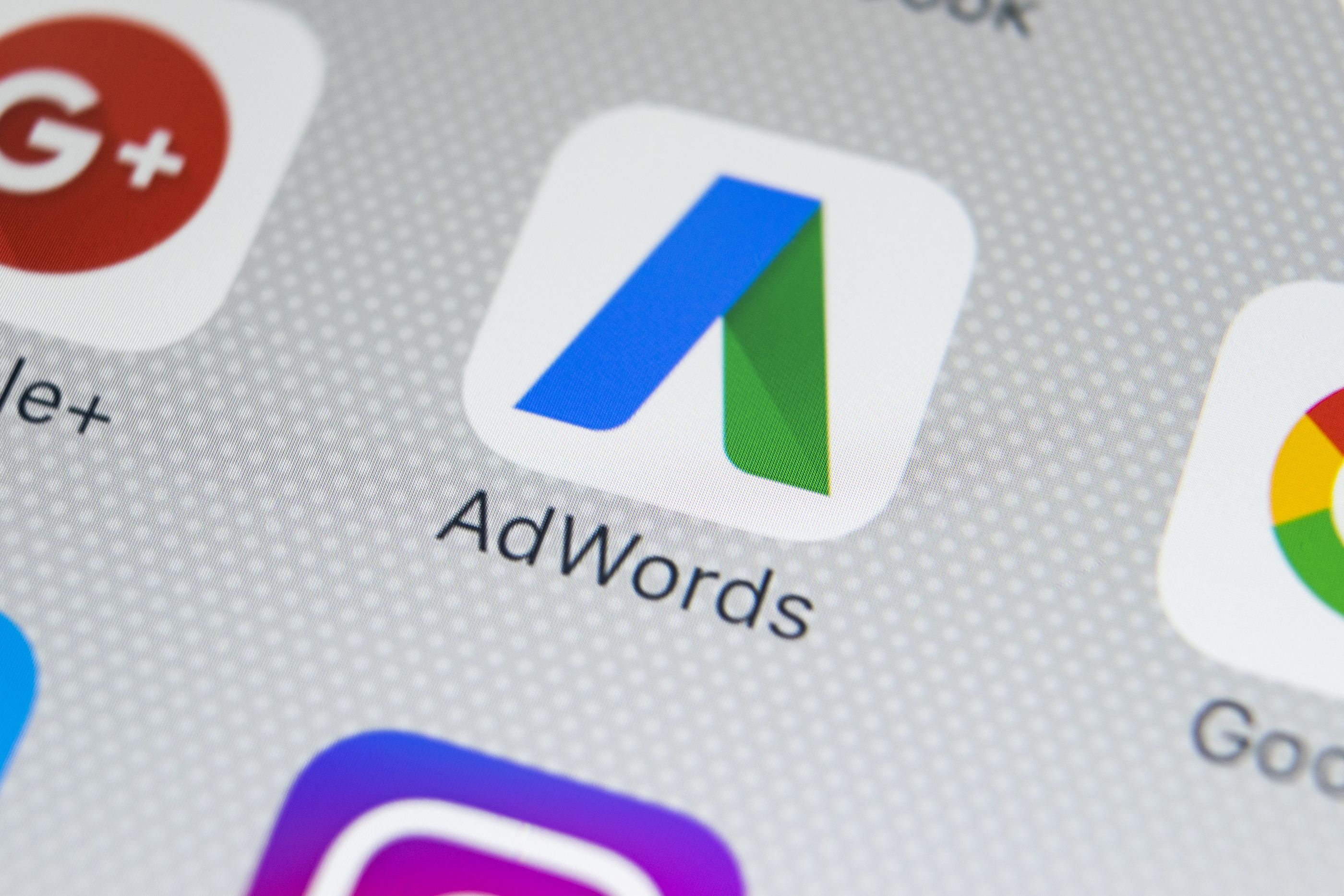Depending on how aggressively or restrictively you want to match your advertisements to users' search queries, you can choose a keyword match type that will achieve that when setting up your Google Ads campaign.
There are three different keyword match types to choose from when advertising with Google Ads, each with its own advantages and disadvantages. Knowing these keyword match types and how to use them will go a long way toward making your paid search campaigns more successful.
What Are the Different Google Ads Match Types?
- Broad Match
- Phrase Match
- Exact Match

Broad Match Type
These are the default match type and have the most comprehensive matching, making their range the widest of the three types. With broad match, your ad will appear whenever a user’s search query is related to your keyword. Including search queries that don't contain your specific keywords.
This means, if you used the term “luxury car” as a broad match. In this case, your ad will be displayed for queries like “luxury cars”, “fast cars”, or “fancy cars”.
Broad match keywords are the way to go if you want to drive a huge number of clicks because they offer the widest reach. However, apart from the costs piling up pretty quickly, an obvious downside to broad match is that searchers could click on your ad while querying irrelevant topics--and each click would still cost you.
To prevent your PPC campaign from nose-diving, marketers have to pay attention to ensure that they are not paying for irrelevant traffic that does not convert. A way that you can manage this is by inputting negative keywords (Keywords for which you specifically do not want your ads to rank for) in order to limit the chances of your broad match being displayed for the wrong queries.
There used to be 'Modified Broad Match' keywords as well but they were removed in July of 2021.

Phrase Match Type
Ads using phrase match keywords will appear on search queries that include the meaning of your keyword. That meaning can be implied or be a more specific keyword that means the same thing. Phrase match keywords reach the sweet spot of search queries between broad match and exact match types. To set a phrase match keyword, you have to use quotes (“keyword”).
For example, the phrase match “fast cars” would match to search terms "fast cars for sale", "cars that are fast", and "fast cars in Forza".
Phrase match type keywords can be a good place to start if you are looking to encompass some broader searchers but don't have a big enough budget to want to use broad match.

Exact Match Type
For the lowest reach but the highest relevance, you can use exact match type keywords. Exact match keywords will appear for search queries that have the same meaning or intent as your keyword. This allows you to have the most control over what searches your ads show for. You set exact match types by putting the keywords you want to match in square brackets ([keyword]).
For example, if [red car] is your keyword, searchers that your ads may show for could include things such as, "car that are red", "red cars", and "red car images".
Exact match keywords are good for when you have a very specific item in mind or a very specific thing that you are selling and know users would be searching.
So What's Next?
With a proper understanding of when to use the different keyword match types, your chances of having a successful ad campaign are boosted. They can increase the efficiency of your targeting as well as reduce the amount you spend on a campaign.
Interested in learning more about how using Google Keyword Match Types can increase the ROI of your website? Let's Chat.




